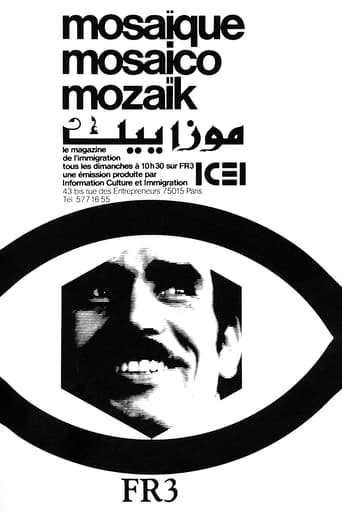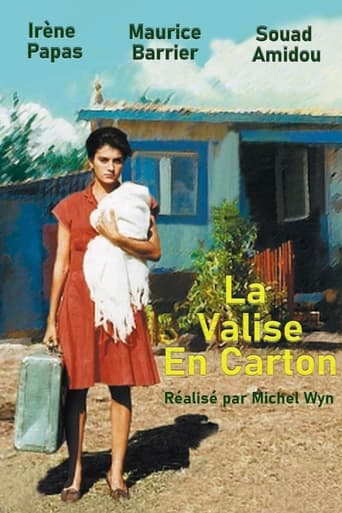
Linda de Suza
Teolinda Joaquina de Sousa Lança, better known as Linda de Suza, (22 February 1948 – 28 December 2022) was a Portuguese Lusophone and Francophone singer and best-selling author. She was described by Portuguese President Marcelo Rebelo de Sousa as "a French icon of Portuguese migration". Linda de Suza was born in Beringel, Beja (Alentejo), in southern Portugal. Suza left her homeland, Portugal for France in the 1970s and started to work in menial jobs. In the late 1970s, she managed to record music albums. Her works such as Tiroli-Torola, La fille qui pleurait, Un Enfant peut faire le monde, and L'Étrangère drew a large audience in France. She topped her success with her performance at Paris Olympia. Linda de Suza sang fado, folk, ballads and popular songs in both French and Portuguese and was nicknamed "Amália of France" after Amália Rodrigues, to whom she paid tribute in her song "Amália". Amália Rodrigues, known as "Rainha do Fado" ("Queen of Fado") paved the way for Linda de Suza, Tonicha, Lenita Gentil, Cândida Branca Flor, Dulce Pontes, Mariza and Mísia, among other well known Portuguese and Portuguese-descended singers. In 1984, Linda de Suza published her autobiography La Valise en Carton ("The Cardboard Suitcase"). The book was also published the same year in Portugal, as A Mala de Cartão. Her book was followed by a number of novels. La Valise en carton was adapted into a cinema-film miniseries in 1988. All were successful. Source: Article "Linda de Suza" from Wikipedia in English, licensed under CC-BY-SA 3.0.
- Popularitate : 2.73
- Cunoscut pentru : Acting
- Zi de nastere : 1948-02-22
- Locul nasterii : Beringel, Beja, Portugal














